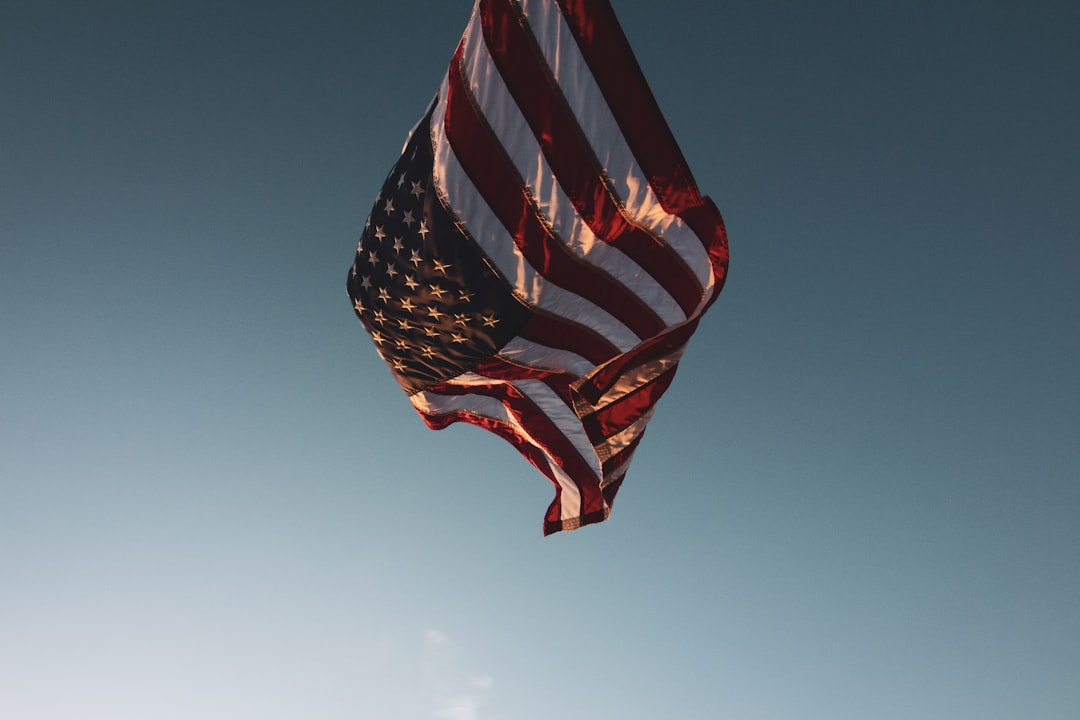Chomsky was right. America is hypocritical. So what?
Hypocrites are the worst. But nations aren't necessarily the same as people.
This is the first in a series of posts on Chomsky, American foreign policy, and the question of hypocrisy. Subscribe to receive future posts.
There was a time when I thought hypocrisy was a great moral travesty, perhaps the great moral travesty. What, after all, could be worse than someone who says one thing but does the opposite, brazenly violating his …




